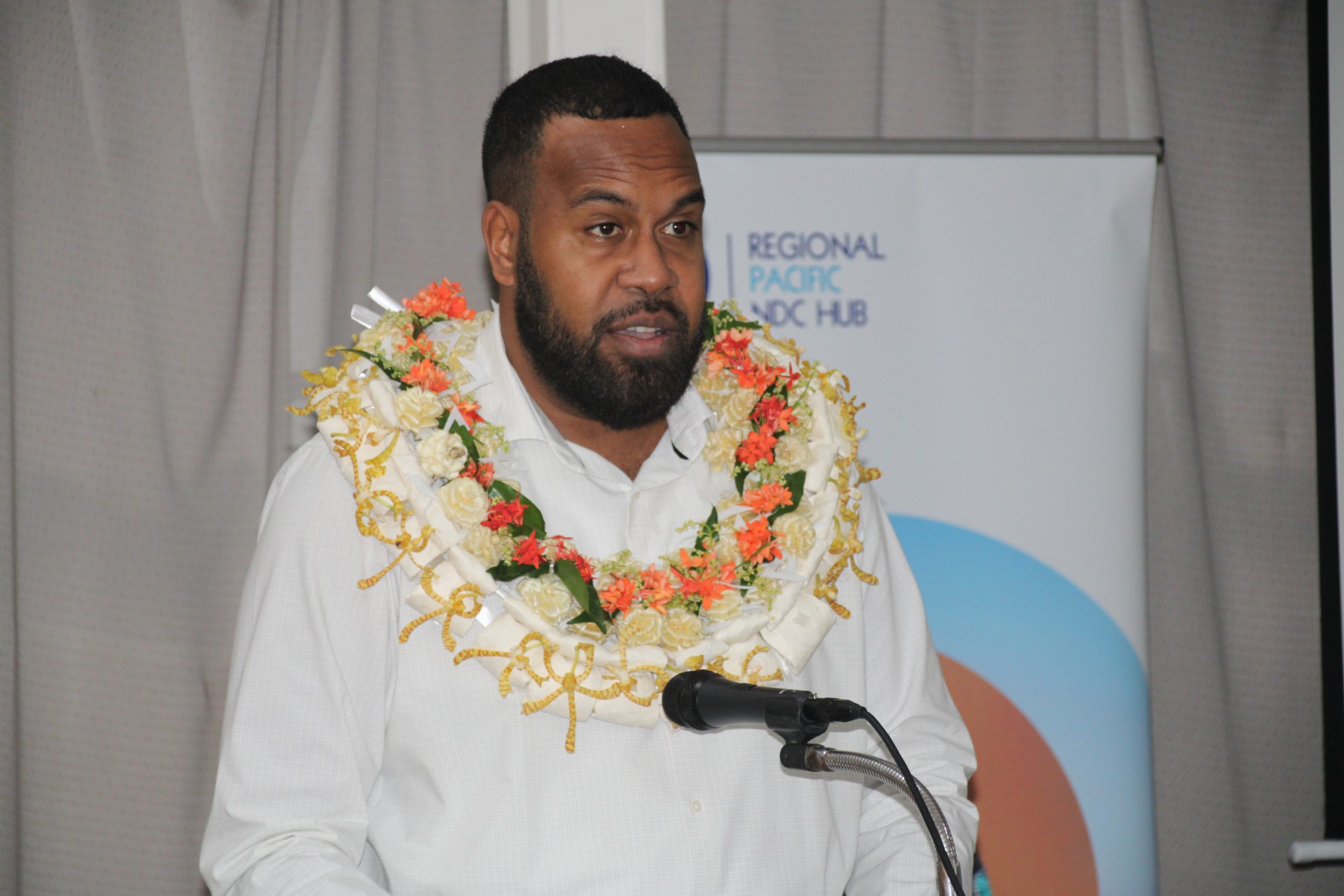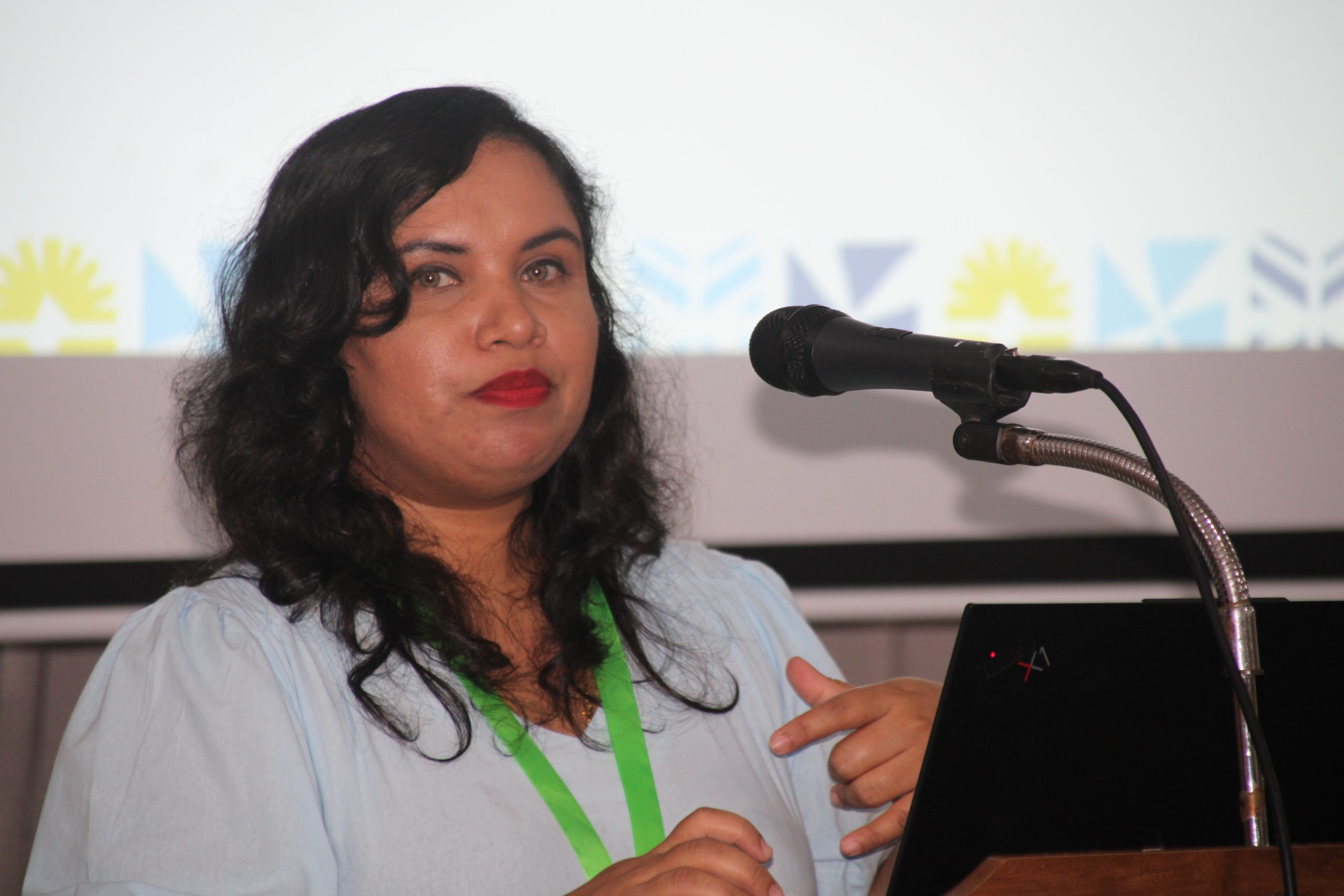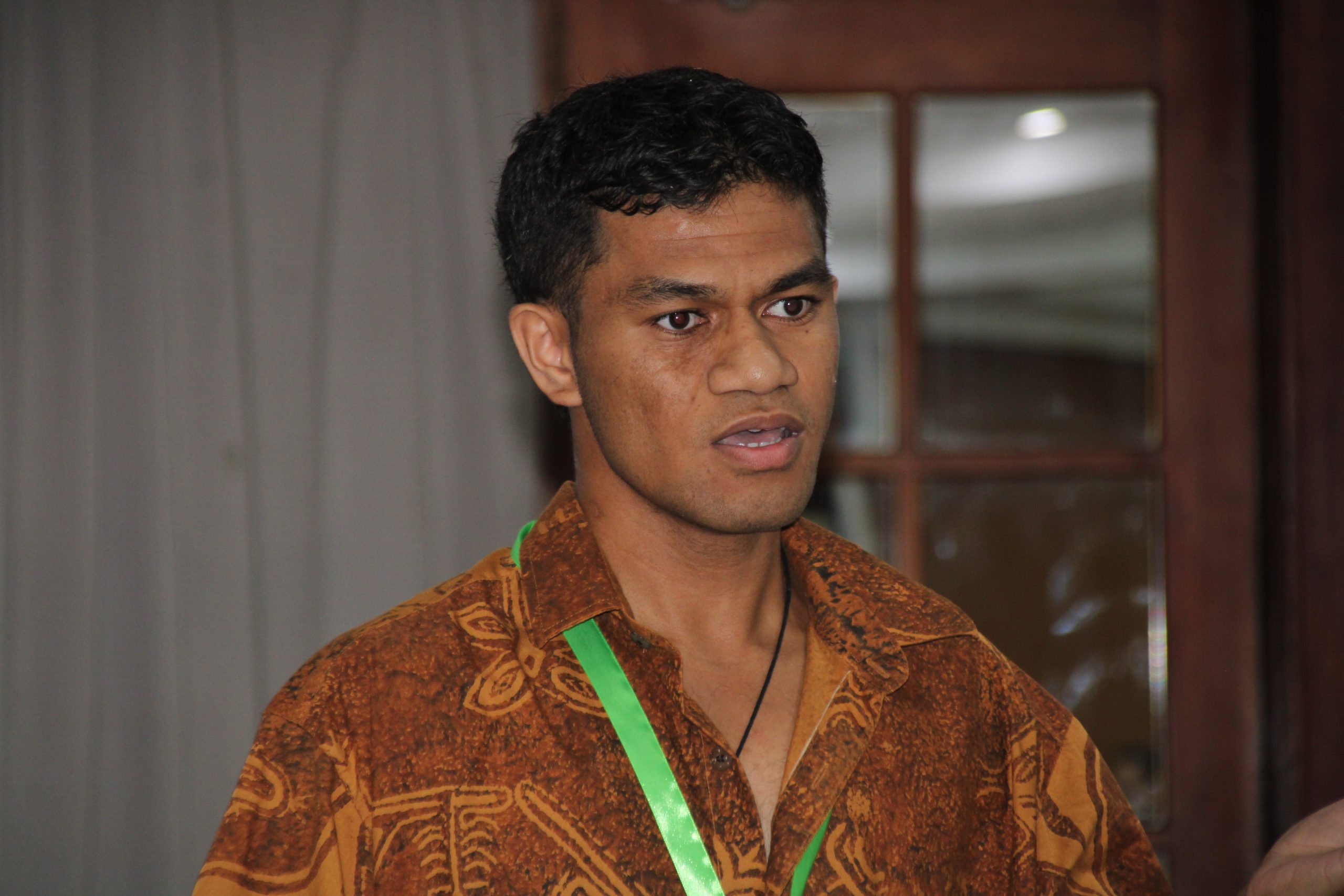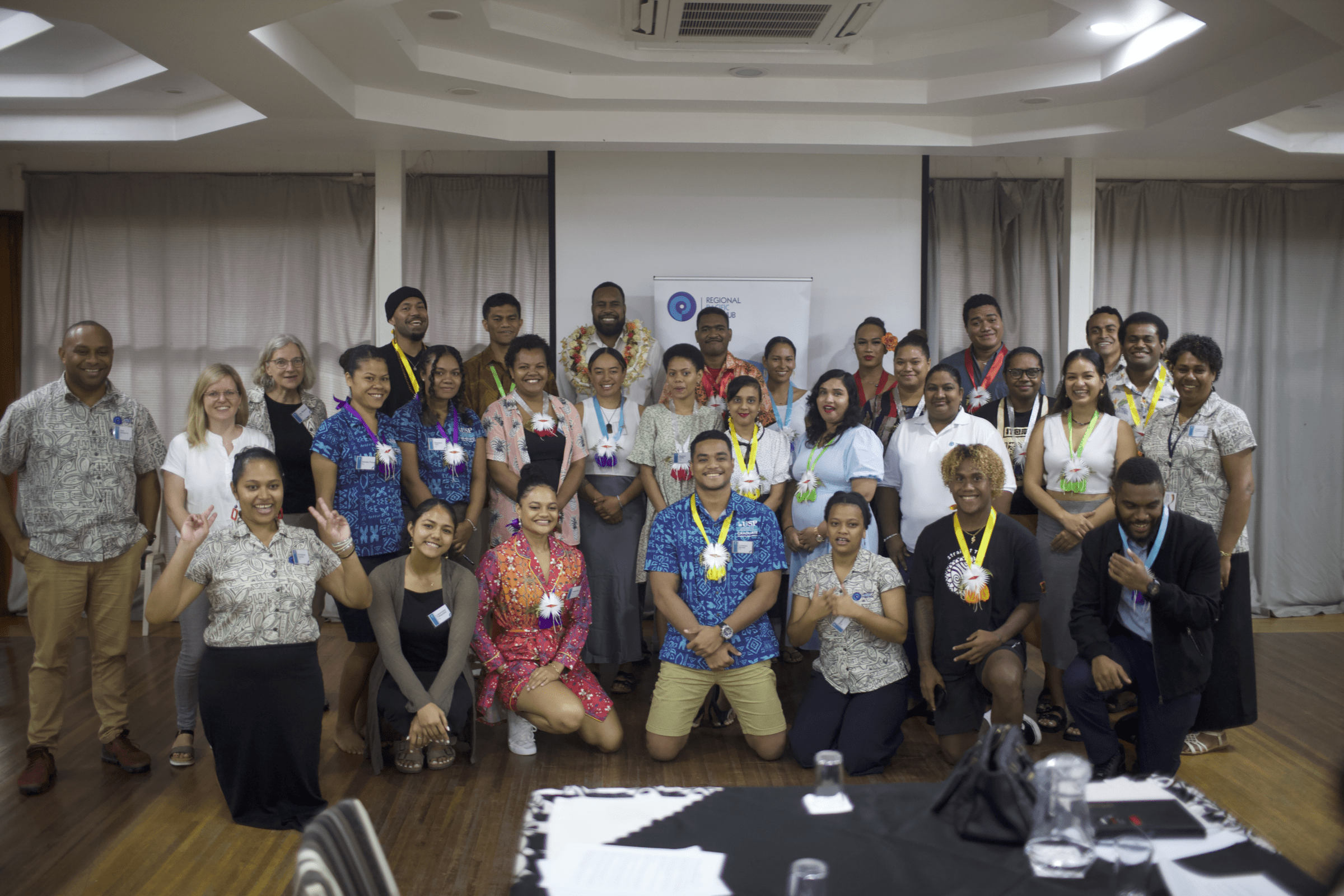The Regional Hub for the Pacific has launched a pioneering initiative aimed at empowering young social media influencers and climate advocates from the Pacific region to combat climate change and bolster awareness of Nationally Determined Contributions (NDCs).
The #SwipeUp4Change initiative, seeks to mobilise young leaders to utilise social media platforms to drive climate action in the region.
NDCs serve as key frameworks for nations to outline their goals and actions in combating climate change. However, a lack of awareness among youth regarding NDCs has posed a significant challenge.
In response, the Regional Pacific NDC Hub is taking proactive steps to engage and educate young leaders on the importance of NDCs in addressing climate change.
Filimone Ralogaivau, Acting Director for Climate Change and Principal Adaptation Officer at the Climate Change Division Fiji, emphasised the significance of social responsibility in addressing climate change.
“Events like #SwipeUp4Change play a critical role in leveraging the power of social media influencers to reach millions of people with a click of a button,” Ralogaivau said.
“It’s not just a responsibility; it’s an incredible opportunity to spark conversation, raise awareness and inspire action on climate change.”

He emphasised the partnership with the Regional Pacific NDC Hub as invaluable in amplifying efforts to address climate threats and foster regional collaboration.
“Together we are stronger, together we can make a real difference.”
Ranjila Singh, Climate Mitigation Specialist at the Fiji Ministry of Environment and Climate Change, provided insights into the significance of NDCs and their role in global climate action.
“NDCs represent our collective commitment to combatting climate change,” Singh said.
“These contributions outline each country’s specific targets and actions to mitigate emissions and adapt to the changing climate. It represent self-determined climate plans for each country.
“It’s crucial for countries to communicate their ambitions for climate actions every five years through NDC submissions.”

Singh highlighted the ongoing efforts to update NDCs and the need for increased ambition in climate action.
“Successive NDCs are expected to become more ambitious, reflecting each country’s capacity and capabilities.
“So, what countries have done is that once they submit their NDCs, they prepare NDC roadmap. The roadmap is a pathway. It shows the pathway for implementing or how you can action those targets for both adaptation and mitigation.
“And then after countries develop the NDC investment plan. So, this investment plan further specifies what actions are needed on the ground to implement. It will have the financial resources, capacities, technologies, and so on the resources that you require.”
She said: “Looking at the reality, we are nowhere near reaching what we had aimed for. We need to do a lot more.”
Ethan Fihaki, Tuvaluan participant from New Zealand urged global cooperation and collective action to mitigate the impacts of climate change effectively.
“It’s our everyday actions that will help us reduce the impacts or reduce the climate change itself. And we need to do it globally, not just a few countries leading the fight.
“Controlling birth rates and reducing consumption are steps we can take to mitigate our impact on the planet,” he stated.

Zedi Devesi from Solomon Islands highlights the vulnerability of his home to climate change.
“We’re very close to the ocean and prone to being affected by climate change,” Devesi said.
Raymond Benga from Papua New Guinea echoes similar sentiments, expressing concern for the future of Pacific Island nations.
“If climate change gets worse, these people may disappear, and I don’t want that to happen,” he said, emphasising his commitment to the movement.
Through collaborative engagement, knowledge-sharing, and experiences, this initiative aims to inspire grassroots movements and mobilise action towards a more sustainable future.
The Regional Pacific NDC Hub’s action is funded by European Union (EU), German Federal Ministry for Economic Cooperation and Development (BMZ), New Zealand’s Ministry of Foreign Affairs and Trade (MFAT) and Australia’s Department of Foreign Affairs and Trade (DFAT).














